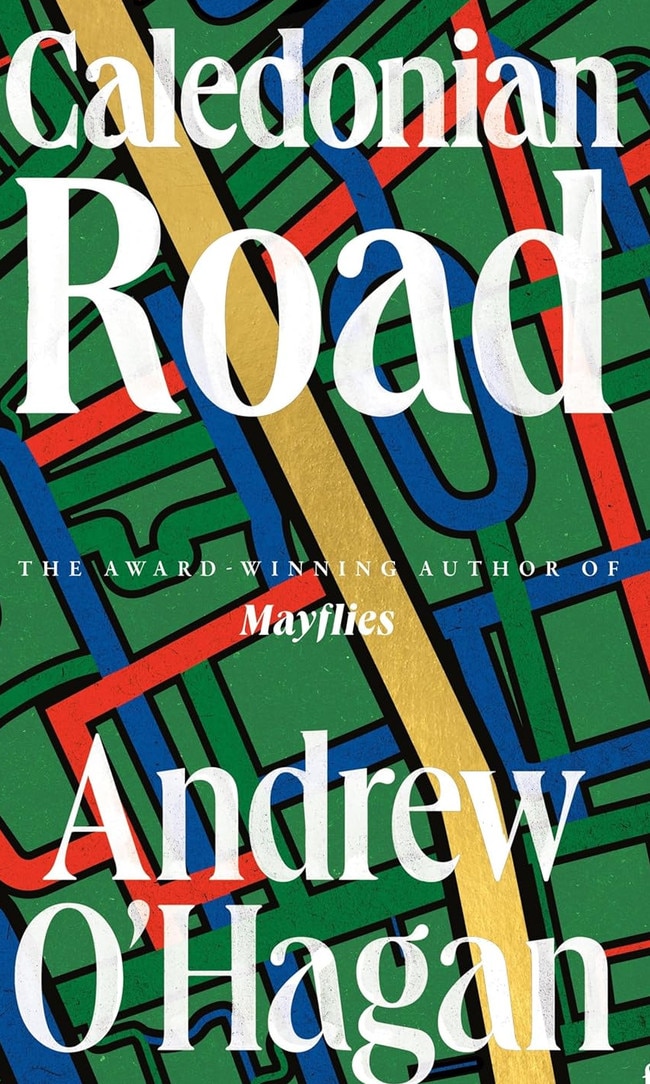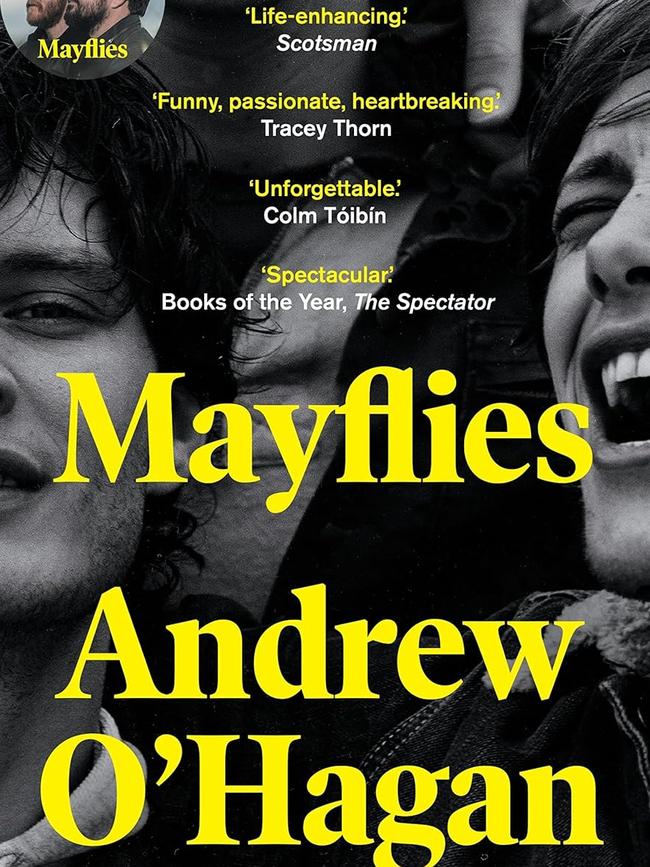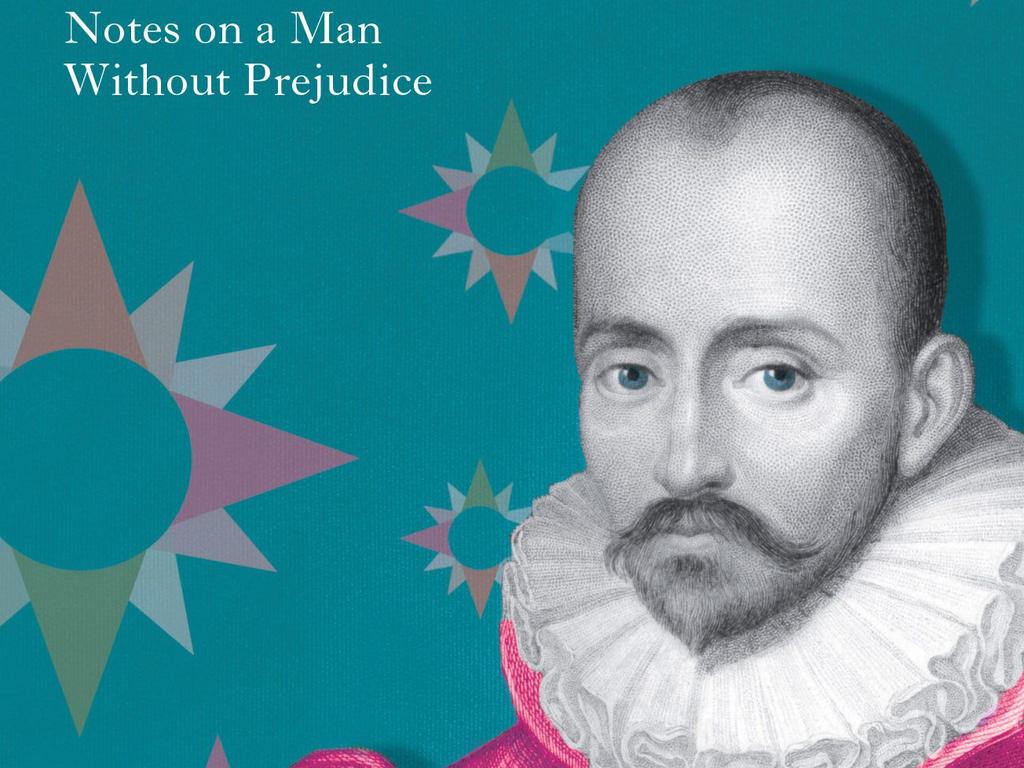A sharply comic look at the unravelling of Great Britain
Andrew O’Hagan’s last novel was critic Stephen Romei’s book of the year. How does the new one stack up?

Andrew O’Hagan has the rare gift of bringing a character to life in one or two sentences. They enter the reader’s mind, almost fully formed, physically and psychologically.
Here’s Campbell Flynn, art historian, professor and public intellectual, the lead character in O’Hagan’s new novel Caledonian Road, set in London in May 2021 as Covid lockdowns start to lift.
“Tall and sharp at fifty-two … a tinderbox in a Savile Row suit. … Campbell didn’t take people half as seriously as they took themselves, which was the first of his huge mistakes, the second being the proof copy he carried that day in his briefcase.’’
His wife, Elizabeth, is a therapist. They have two adult children. “Elizabeth’s beauty was as permanent as a work of art … She knew how to interrogate her feelings from a slight distance, even while having them.”

Retail tycoon Sir William Byre has been Campbell’s best friend, his “alter ego’’, since their days at Cambridge, where William was “terrifically funny and perpetually nasty”.
Sir William’s wife, Antonia, is a snob – “she once nearly walked out of Clarence House because the woman sitting next to her said ‘woo’ when someone opened a bottle of champagne” – who writes a right-wing newspaper column.
I could go on. This Dickensian novel teams with people, so much so that there’s a “Cast of Characters” listed before the opening chapter. The aforementioned quartet – Campbell, Elizabeth, Sir William and Antonia – along with Campbell’s tech-smart student Milo Mangasha, who is of Irish and Ethiopian heritage, are the main ones as the story begins.
Campbell, author of an acclaimed book on Dutch painter Johannes Vermeer, is worried about money, as he has been from the beginning of his life in working class Glasgow, hometown of the author.
That proof copy in his briefcase is a self-help book he has dashed off in the hope of cashing in. He kids himself that it’s “a ripe and playful riposte to the times’’. Its title: Why Men Weep in Their Cars.
He wants to keep his authorship secret, so he and his publisher come up with a plan: the named author, the front for all media and PR, will be Jake Hart-Davies, an impossibly handsome 24-year-old actor starring in a Game of Thrones-like show.
The actor takes the role. This scheme, as foreshadowed, becomes one of Campbell’s mistakes. The other, far more serious one, is his loyalty – and his financial debt – to Sir William, who is under investigation for tax fraud, other corporate crimes and, it emerges, sexual abuse.
“All their disasters were in front of them,’’ Campbell thinks. All their bonds were in the past. That was the secret of their friendship.”
Sir William, and lots of other rich Brits, including people connected to the royal family, are connected to Russian oligarch Aleksandr Bykov and his conniving son Yuri, whose UK expansion plans centre on people smuggling, slave labour and drugs.
Out to expose Sir William and others, including peers and members of parliament, as well as the Russians, are Milo, who is a genius hacker, and investigative reporter Tara Hastings.
When the “s--t hits the fan”, Sir William “looked terrible as he sunk into a waiting Daimler”. This investigation of wealth and privilege, attributes to which Campbell barely clings, and the exploration of life-long friendships that should have ended echoes the epigraph chosen by O’Hagan, from his compatriot Robert Louis Stevenson.
“After a certain distance, every step we take in life we find the ice growing thinner below our feet, and all around us and behind us we see our contemporaries going through.”
O’Hagan’s previous novel, Mayflies, centred on two men, lifelong friends, one dying of cancer, was my book of the year in 2020. Caledonian Road (the street is near where Campbell lives in Islington) is not as emotionally deep.

It is sharply comic, with the characters headbutting the time in which we live. Antonia’s columns, her now-estranged husband says, are “delusional, self-serving nonsense for a tribe of nutters who see no difference between accusations and evidence”.
This reader also finds the final third of this 650-page novel a bit baggy. There’s an attempt to sign off on all of the characters that is unnecessary and doesn’t quite work. In short, this novel could be shorter.
Having said that, fellow readers I respect think the length is a strength and that O’Hagan has written a Victorian novel set in the 21st century. Each to their own and all that.
Caledonian Road is a state of the nation novel in which Great Britain is a rotting fish where the rot starts at the head. When the scandal rises far higher than Sir William, into the top tier of the British peerage, it’s the lawyers who are called on, the “slick, grey poker-faced stratum of English life … defending English aristocrats and their peccadilloes … English as toasted teacakes”.







To join the conversation, please log in. Don't have an account? Register
Join the conversation, you are commenting as Logout